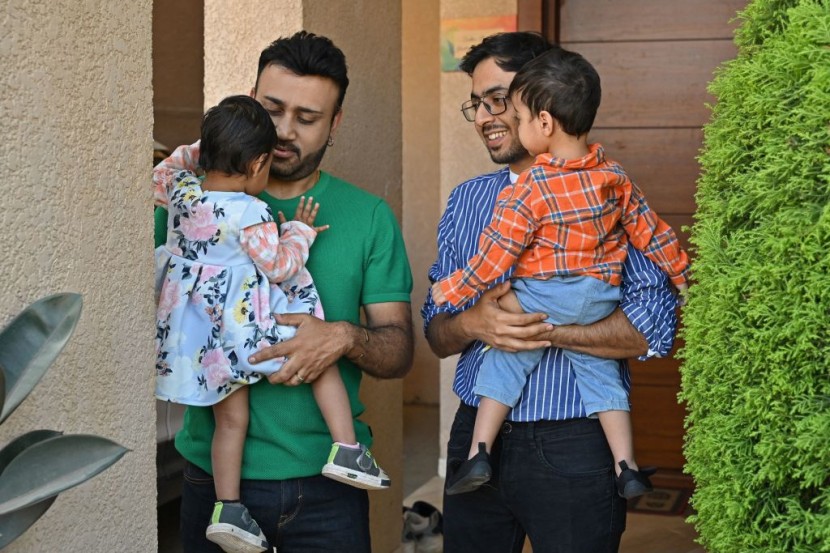
The Indian government has expressed opposition to the legalization of same-sex marriage despite widespread support from the public by filing a challenge to the Supreme Court on Sunday.
The filing urges the court to reject and becomes a wall to the current legal framework that LGBT couples have lodged. Furthermore, the Ministry of Law believes that while there could be several forms of relationships in society, the legal recognition of marriage is meant for heterosexual relationships.
India Opposes Same-Sex Marriage
Officials also said that the state has a legitimate interest in maintaining this perspective despite public opinion. The ministry argued that living together as partners and having "sexual relationships by same-sex individuals" was not comparable with the Indian family unit concept of a husband, a wife, and children.
It also noted that the court could not be asked to change the country's entire legislative policy deeply embedded in religious and societal norms. Businessman Uday Raj Anand, one of the litigants in the current case, said that petitioners had received wide support from people from all walks of life.
He added that it does not seem that many Indians feel injured or hurt by the thought of some loving families getting legal rights. In a historic 2018 verdict, India's top court decriminalized homosexuality when they scrapped a colonial-era ban on gay sex, as per Reuters.
The case is now considered a further significant development in LGBT rights in India. There are at least 15 pleas, some made by gay couples, that were filed in the last few months that ask the court to recognize same-sex marriages. They set the stage for the legal face-off with Prime Minister Narendra Modi's government.
In a Twitter post, Onir, a filmmaker and equal rights activist, said it was sad that government officials' concept of "Indian" is so non-inclusive and static that it refuses to evolve according to wider notions of human rights.
Read Also : Hamburg Church Shooting Update
Lagging Behind Western Adaptation
For the most part, Asian nations lag compared to the West in welcoming and accepting same-sex marriage. Taiwan became the first in the region to officially recognize such unions, as same-sex acts are still illegal in some countries, including Malaysia.
Another couple, Aditi Anand and Susan Dias, were among the four LGBT couples that filed the petition to the Supreme Court. The case will be heard on March 13, and if same-sex marriage is legalized in India, it would have widespread repercussions for other laws, according to NPR.
Anand said that she remembers changing her Facebook display picture to one that included Susan on the day the Supreme Court decriminalized gay sex in 2018. She said these small acts prove how freedoms can be exercised in a country such as India.
The petitions argue that the country's Special Marriage Act, enacted in 1954, should allow same-sex couples to have the same rights as heterosexual married couples. It also argues that denying LGBT couples that right violates several articles of India's Constitution, said CBC.
Related Article : How Did Tensions Between Iran and Saudi Arabia Begin?
© 2025 HNGN, All rights reserved. Do not reproduce without permission.








